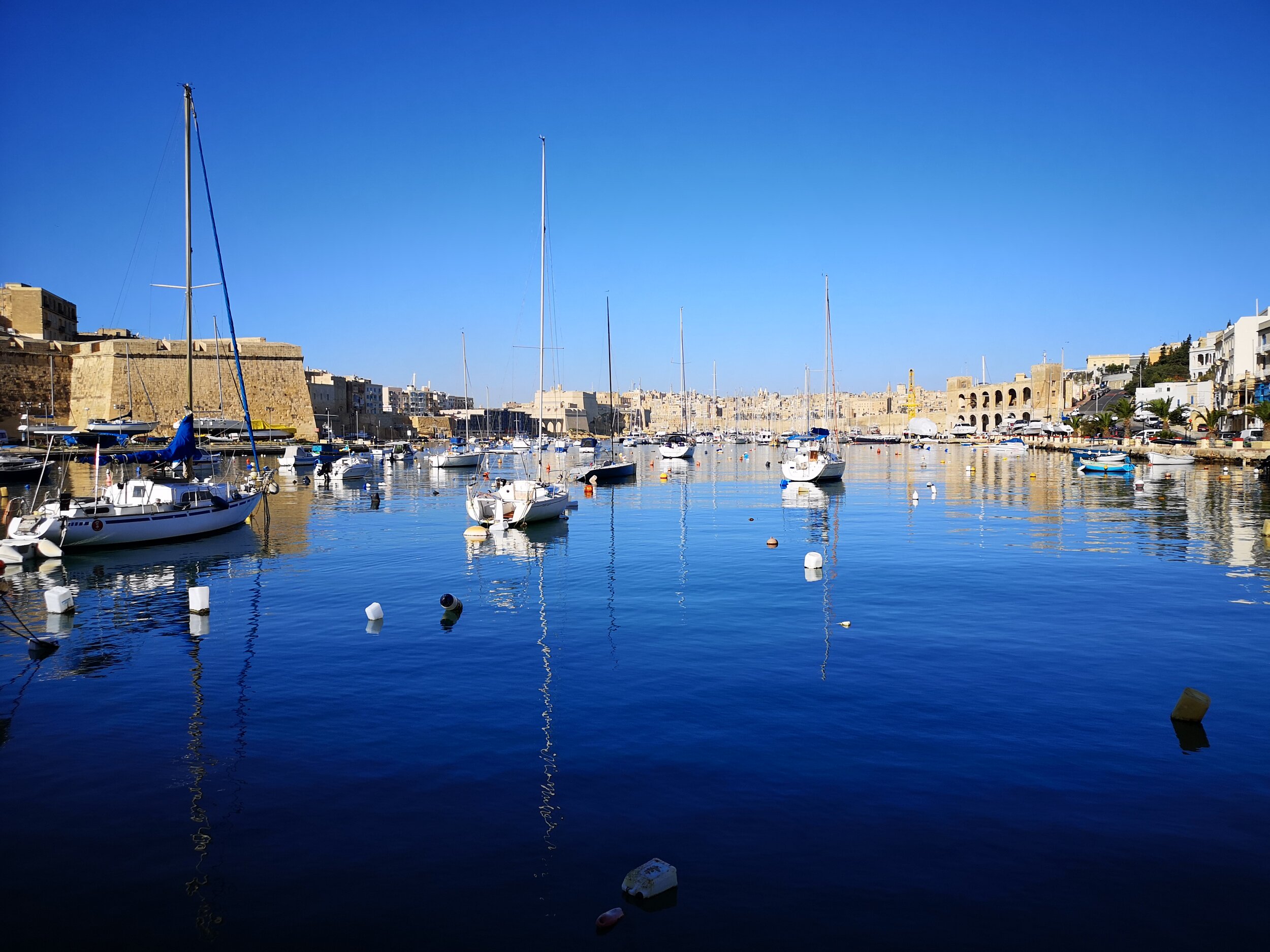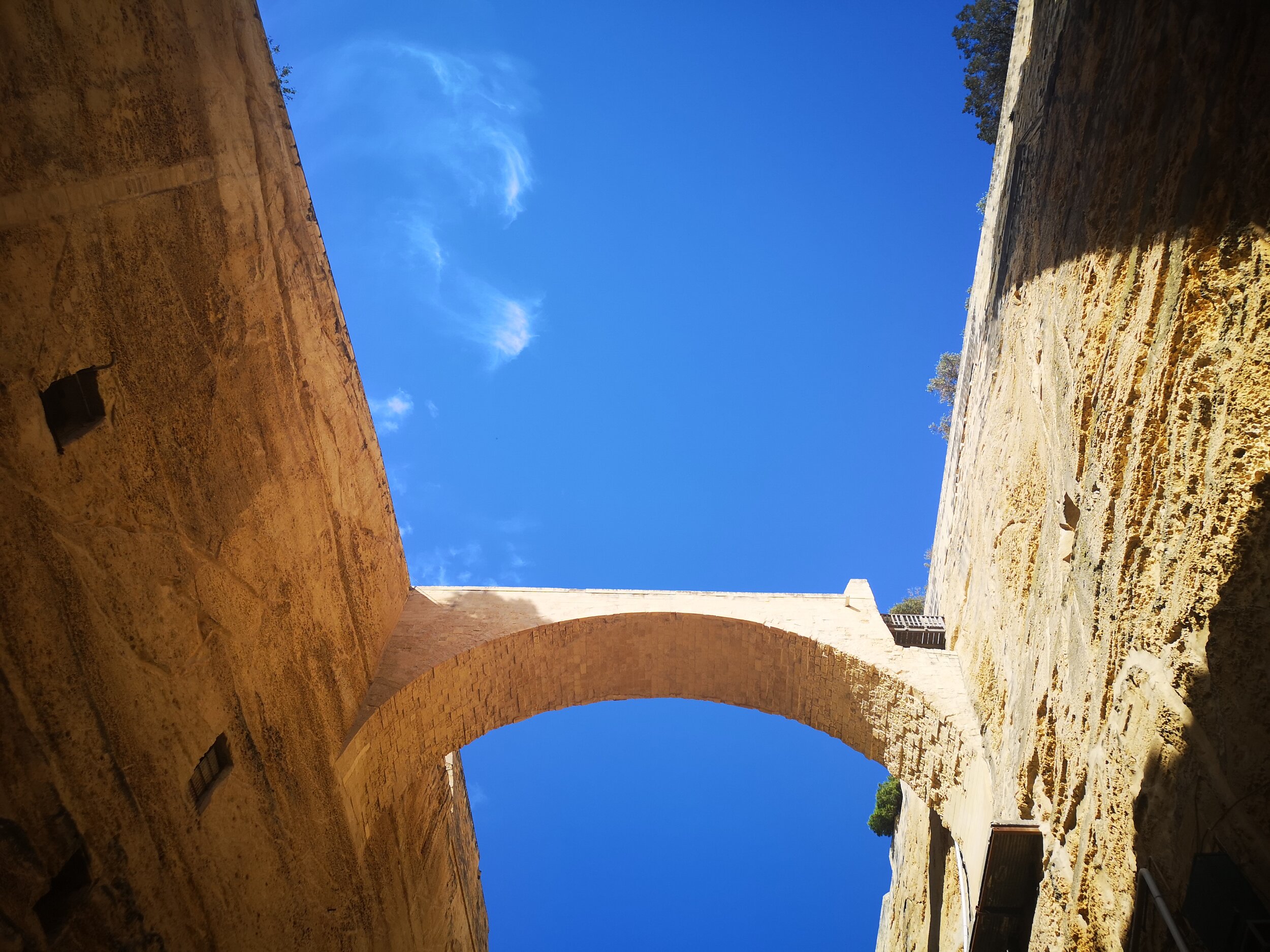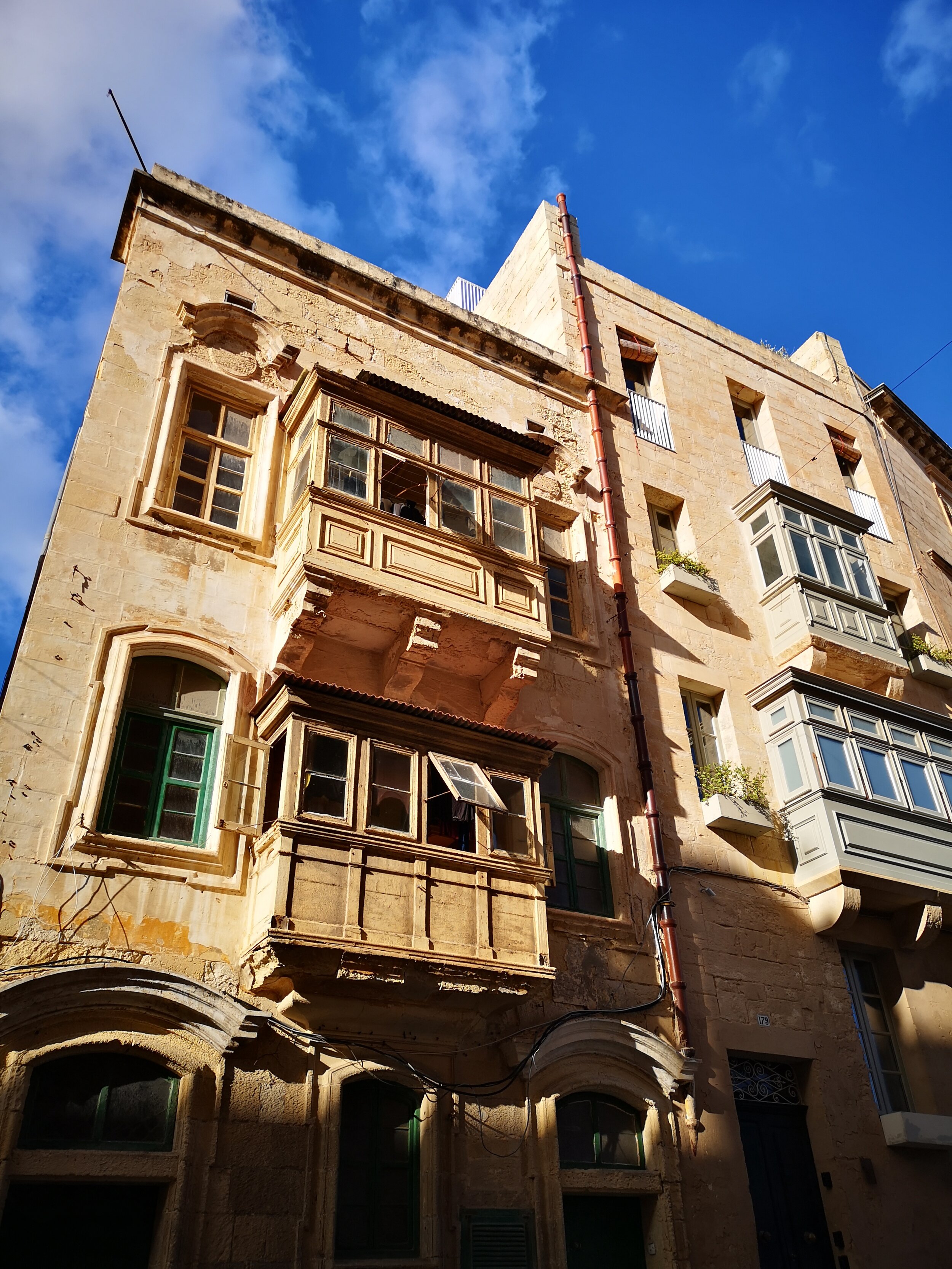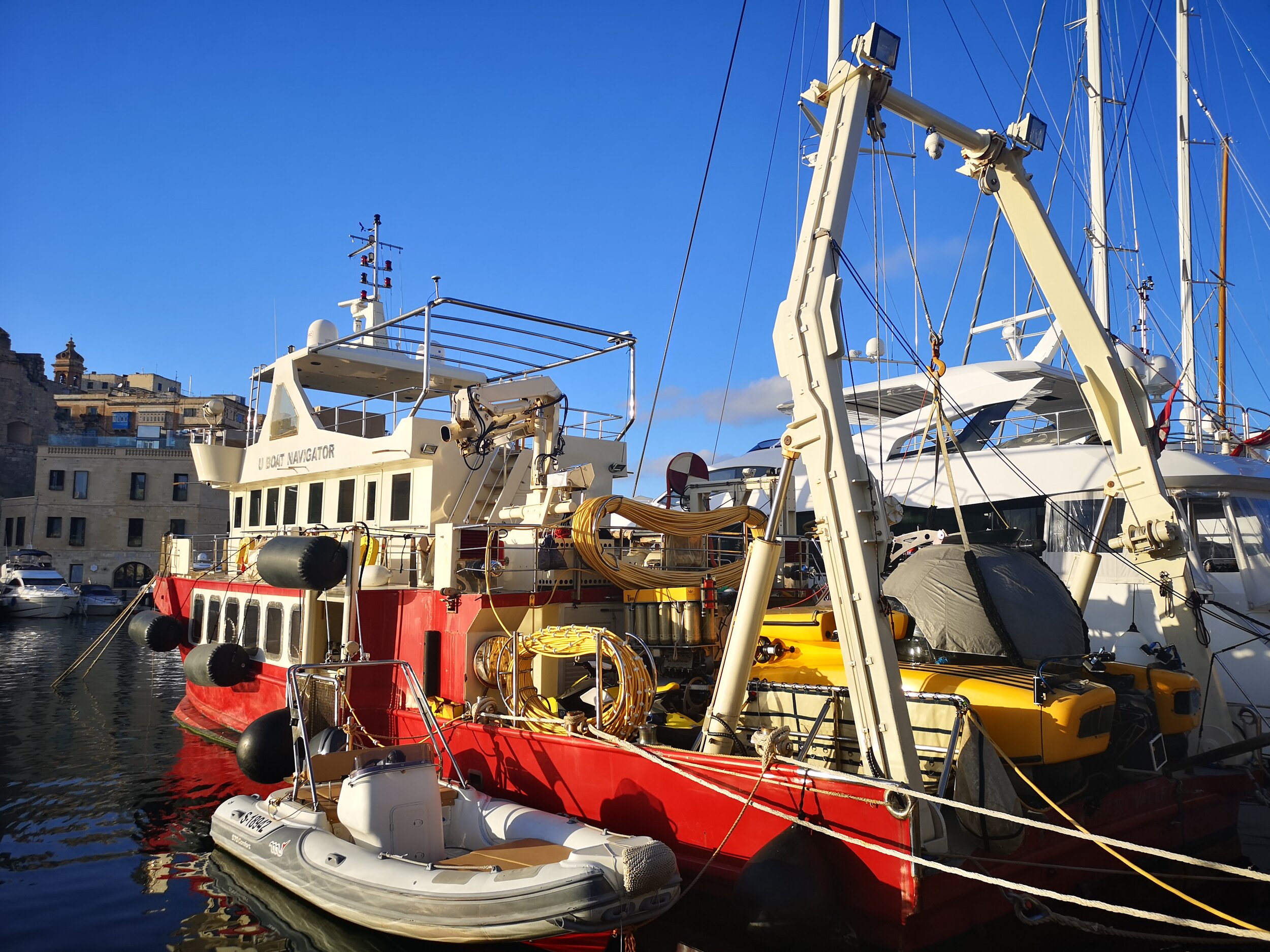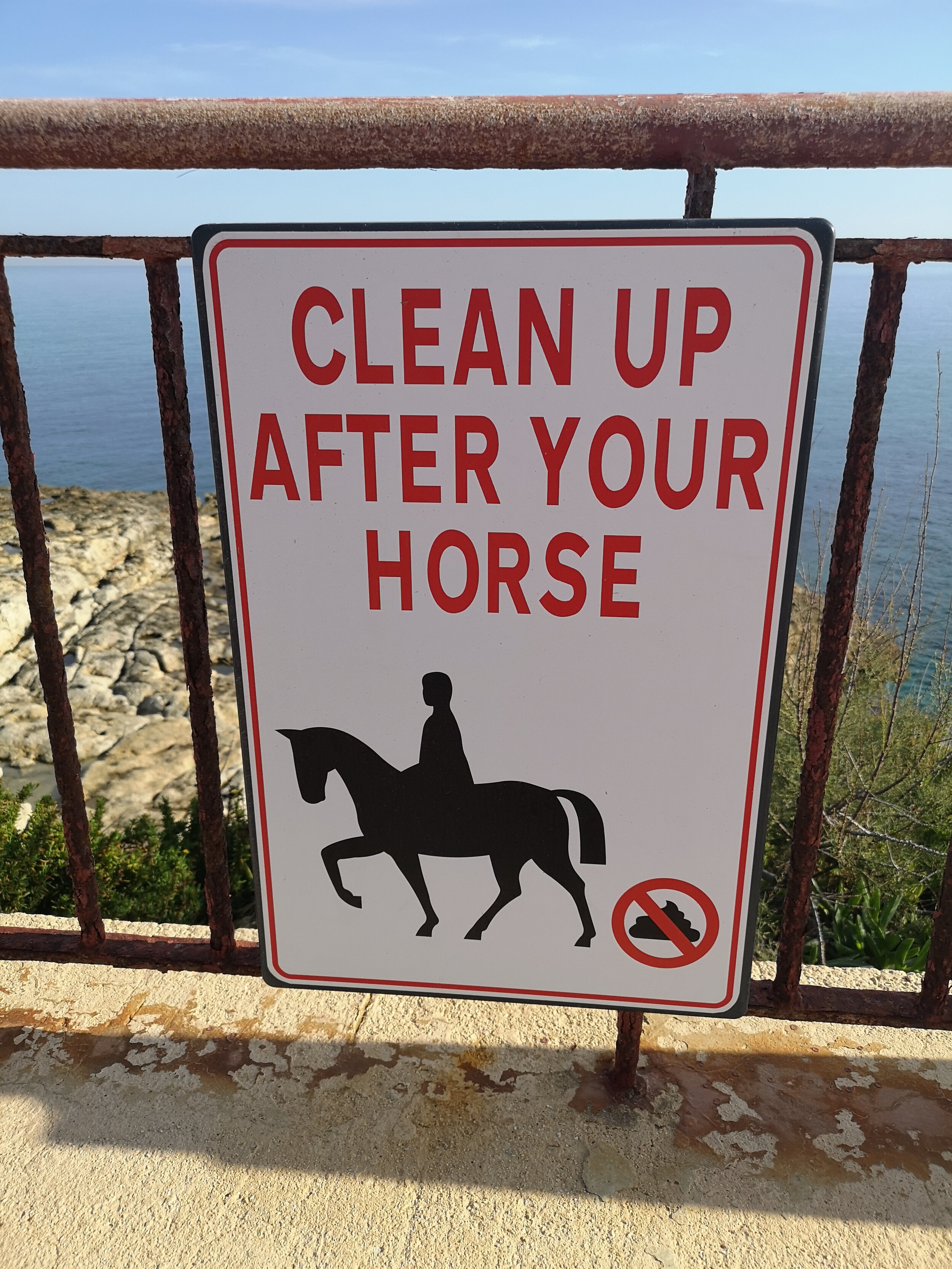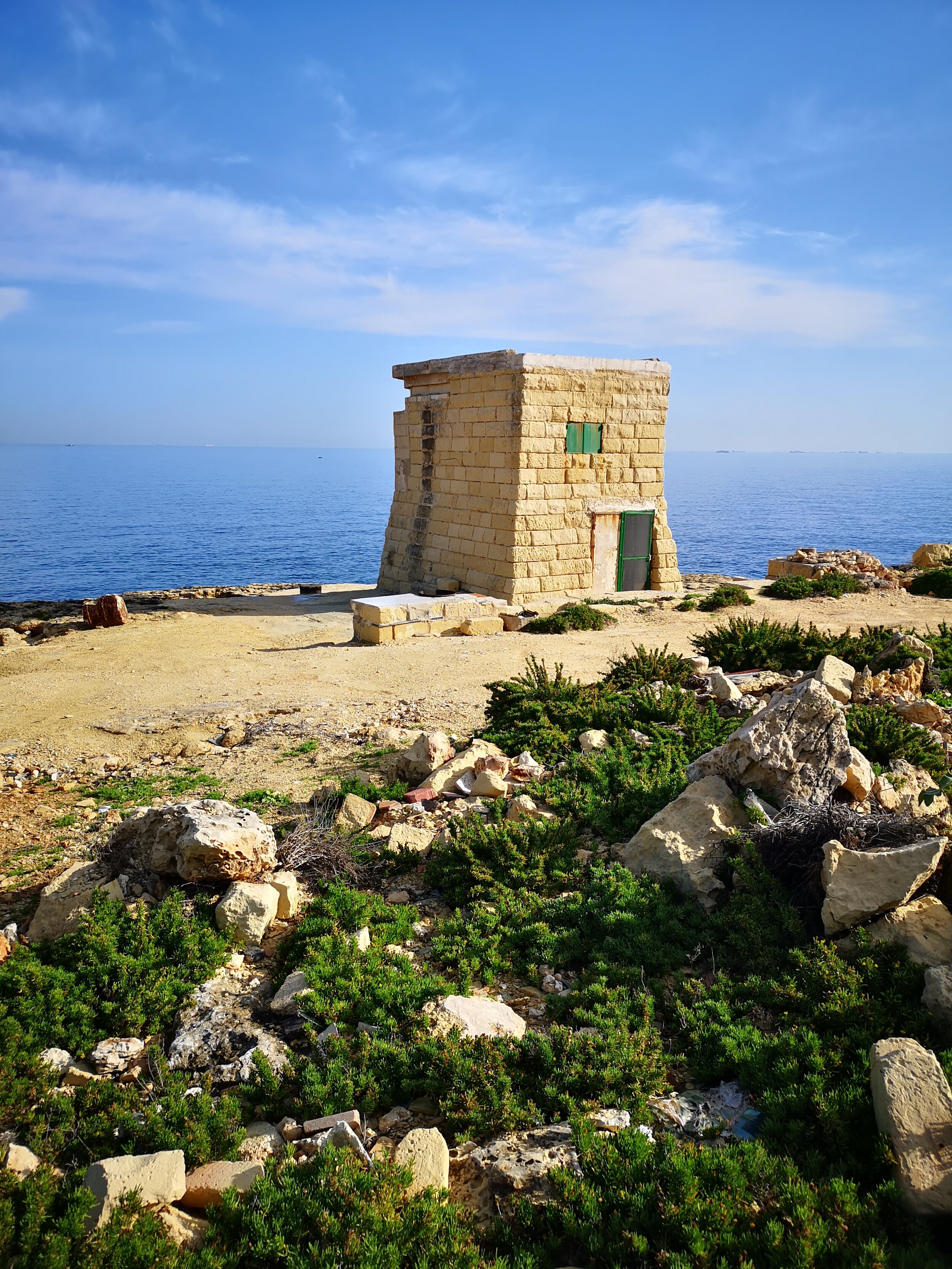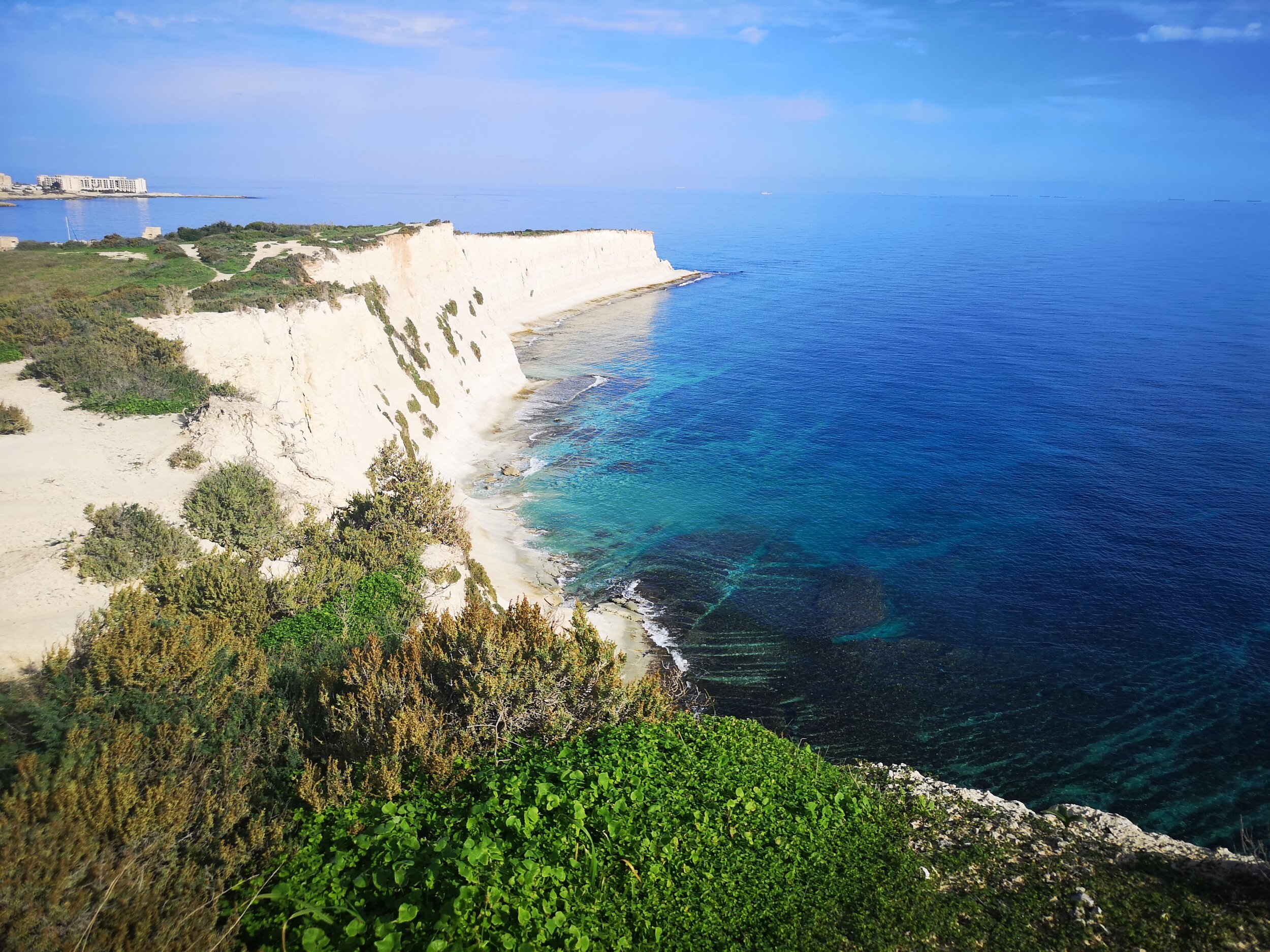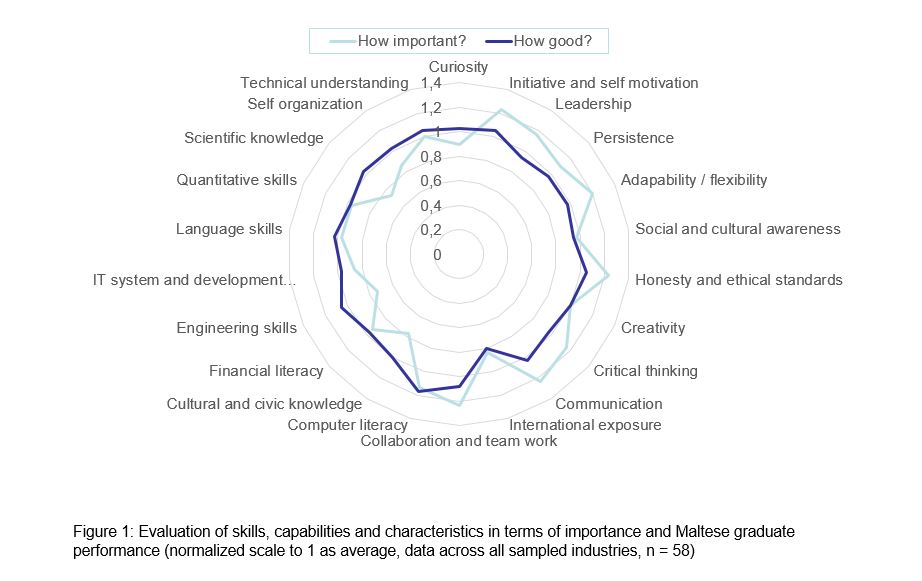Litter, lies and Sunshine - The contemporary Malta Experience
Had a stopover in Malta and gave a few guest lectures. The little country is in turmoil after a long story of greed, corruption and murder, which seem to have entered the government. I hope this is a chance for a step forward and also a trigger for long-overdue judicial reforms. There are many things stuck in Malta in a gridlock of tribal fights and system abuse. Now is an excellent time to move forward - potentially.
In my University lecture about the "One Belt, One Road Initiative", also sometimes coined "The New Silkroad", I was a bit surprised that on the level of postgraduate business students nobody heard of this term which stands for a Multi-Trillion USD programme. But I changed the sequence of my plot and hoped I was able to make an introduction. The next guest lecture was on innovation and disruption in the auto industry in a Master for Entreprenneurship programme. This one, I enjoyed a lot. Nice discussions, smart questions. Again, I could not catch up with all friends. Now I am already sitting at the Malta airport, which is always a zoo of English tourists and tatooed people serving coffee. But it’s working - sort of.
